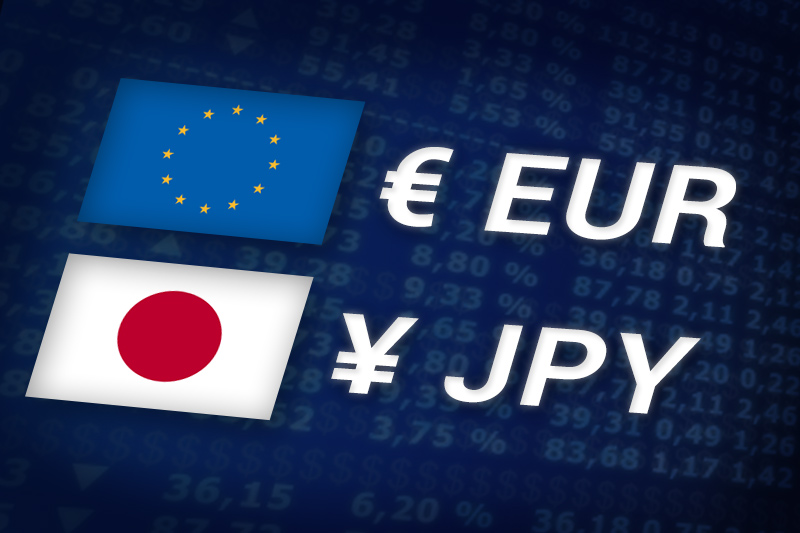Investing.com - The euro held gains against the yen on Thursday, after disappointing U.S. unemployment data as investors remained optimistic over the signing off of a long awaited Greek debt swap deal later in the day.
EUR/JPY hit 108.36 during European afternoon trade, the pair’s highest since March 2; the pair subsequently consolidated at 108.12, jumping 1.35%.
The pair was likely to find support at 106.58, the day’s low and resistance at 109.23, the high of February 24.
Official data showed earlier that the number of people who filed for unemployment assistance in the U.S. last week rose unexpectedly to 362,000, easing off the lowest level since March 2008.
But the euro remained supported as prospects for a successful Greek debt swap deal rose amid reports that a number of major European financial institutions had signed up to the deal, which is aimed at writing down 53.5% of the country’s EUR177 billion debt.
A positive outcome should clear the way for Greece to tap a second bailout package and avert a messy debt default.
Sentiment on the single currency also strengthened after data showed earlier that German industrial production rebounded in January after a steep drop the previous month, climbing 1.6% and surpassing expectations for a 1.1% increase.
Meanwhile, the European Central Bank left its benchmark interest rate unchanged at 1% for the third consecutive month in March, in a widely expected move.
Following the decision, ECB President Mario Draghi said he expects the euro zone’s economy to recover in the course of the year.
The yen was also lower against the U.S. dollar with USD/JPY climbing 0.56, to hit 81.55.
The yen came under pressure earlier after data showed that Japan’s current account balance swung to a record deficit of JPY437.3 billion in January, prompting Bank of Japan Governor Masaaki Shirakawa to reiterate that the bank was prepared to loosen monetary policy again if needed to support the economy.
A separate report confirmed that Japan’s gross domestic product contracted by 0.2% in the last three months of 2011, in line with earlier estimates.
EUR/JPY hit 108.36 during European afternoon trade, the pair’s highest since March 2; the pair subsequently consolidated at 108.12, jumping 1.35%.
The pair was likely to find support at 106.58, the day’s low and resistance at 109.23, the high of February 24.
Official data showed earlier that the number of people who filed for unemployment assistance in the U.S. last week rose unexpectedly to 362,000, easing off the lowest level since March 2008.
But the euro remained supported as prospects for a successful Greek debt swap deal rose amid reports that a number of major European financial institutions had signed up to the deal, which is aimed at writing down 53.5% of the country’s EUR177 billion debt.
A positive outcome should clear the way for Greece to tap a second bailout package and avert a messy debt default.
Sentiment on the single currency also strengthened after data showed earlier that German industrial production rebounded in January after a steep drop the previous month, climbing 1.6% and surpassing expectations for a 1.1% increase.
Meanwhile, the European Central Bank left its benchmark interest rate unchanged at 1% for the third consecutive month in March, in a widely expected move.
Following the decision, ECB President Mario Draghi said he expects the euro zone’s economy to recover in the course of the year.
The yen was also lower against the U.S. dollar with USD/JPY climbing 0.56, to hit 81.55.
The yen came under pressure earlier after data showed that Japan’s current account balance swung to a record deficit of JPY437.3 billion in January, prompting Bank of Japan Governor Masaaki Shirakawa to reiterate that the bank was prepared to loosen monetary policy again if needed to support the economy.
A separate report confirmed that Japan’s gross domestic product contracted by 0.2% in the last three months of 2011, in line with earlier estimates.
